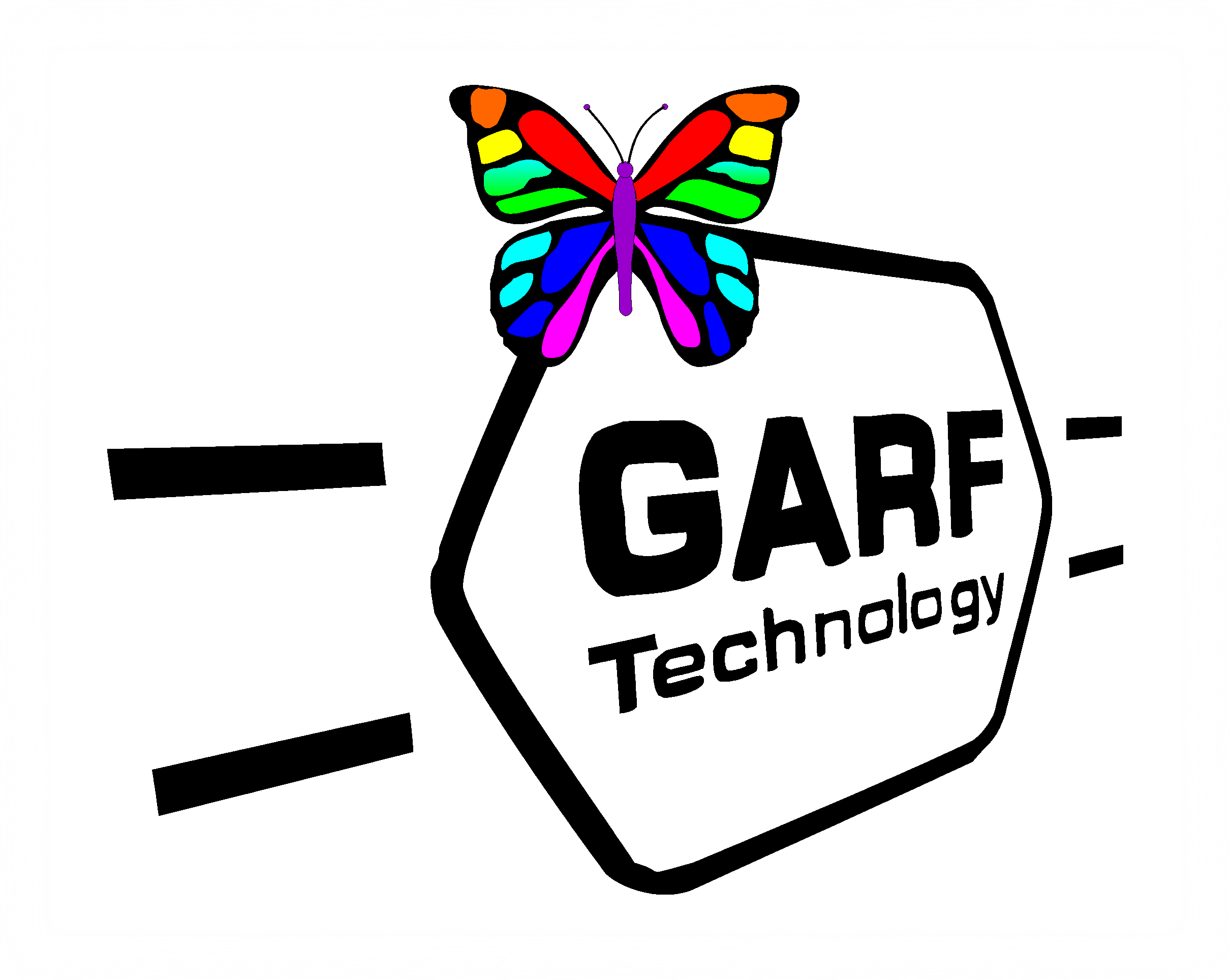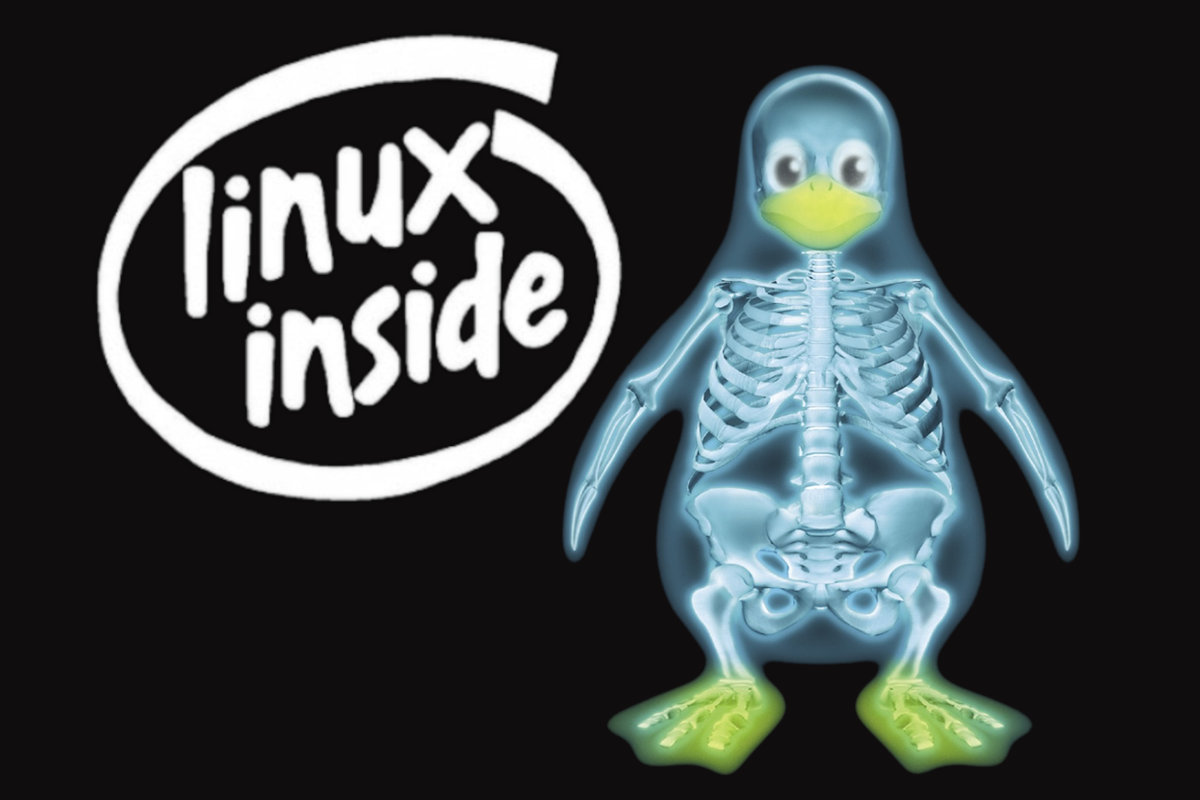I want to try Linux, is it best to dual boot? or what?
I always found dual booting is a pain and I’d far rather have removable boot disks that can be sized and optimised for the OS they contain. In the old days when we used to run Windows, I fitted removable boot drives in our servers & desktops and cloned the boot disks so that if things went wrong (spyware invasions, MS updates or service packs that failed etc) it could be fixed in seconds.
This meant we could also flirt with Linux in relative safety. We never stored data on the boot disk. So swapping them around was a doddle. However, when we dumped Windows 2 years ago in favour of Kubuntu Linux, we decided to go completely “cold turkey”. Since then, the removable drives are only needed when hard disks actually fail (or I fancy a play with a new OS).
Intellectually, I feel the best thing we did was to decide to go 100% Linux, rather than flitting back to Windows. Moreover, I came to regard giving up Windows similar to giving up smoking (I did both within three years of each other.) There is no point cutting down. You just have to cut it out completely. OK it can be tough at the start. Then it takes a few months before you start feeling the benefit. But when you do, the parallels are quite striking:-
- You feel better and more in control of your life.
- You are no longer beholden to a large corporation.
- The longer you do it the easier it becomes
- You save a heck of a lot of money
- You greatly reduce the risk of catching nasty diseases!
Definitely two of the best decisions I ever made.
But what if I have some Windows applications that I simply cannot live without?
Granted we still use Crossoverlinux (an open source implementation of the Windows API for Linux) to run a few legacy Windows apps on a couple of machines (mainly for old MS access databases). And one PC runs a couple of Windows versions within Sun’s VirtualBox virtual machine (VM) for a couple of rarely used but irreplaceable video editing apps. But Windows NEVER is allowed either to run a computer or to connect to the internet. This all our machines run Linux with compatibility layers for legacy Windows apps. In fact to re-employ my smoking metaphor, I liken the Windows compatibility layers to allowing smokers to smoke, but only outside, in the rain, a long way from anything they can contaminate with smoke.
I always found dual booting is a pain and I’d far rather have removable boot disks that can be sized and optimised for the OS they contain. In the old days when we used to run Windows, I fitted removable boot drives in our servers & desktops and cloned the boot disks so that if things went wrong (spyware invasions, MS updates or service packs that failed etc) it could be fixed in seconds.
This meant we could also flirt with Linux in relative safety. We never stored data on the boot disk. So swapping them around was a doddle.
However, when we dumped Windows 2 years ago in favour of Kubuntu Linux, we decided to go completely “cold turkey”. Since then, the removable drives are only needed when hard disks actually fail (or I fancy a play with a new OS).
Intellectually, I feel the best thing we did was to decide to go 100% Linux, rather than flitting back to Windows. Moreover, I came to regard giving up Windows similar to giving up smoking (I did both within three years of each other.)
There is no point cutting down. You just have to cut it out completely. OK it can be tough at the start. Then it takes a few months before you start feeling the benefit. But when you do, the parallels are quite striking:-
1. You feel better and more in control of your life.
2. You are no longer beholden to a large corporation.
3. The longer you do it the easier it becomes
4. You save a heck of a lot of money
5. You greatly reduce the risk of catching nasty diseases!
Definitely two of the best decisions I ever made.
Granted we still use Crossoverlinux (an open source implementation of the Windows API for Linux) to run a few legacy Windows apps on a couple of machines (mainly for old MS access databases). And one box runs a couple of ‘doze versions within Sun’s VirtualBox VM for a couple of rarely used but irreplaceable video editing apps. But Windows NEVER is allowed either to run a computer or to connect to the internet. This all our machines run Linux with compatibility layers for legacy Windows apps. In fact to re-employ my smoking metaphor, I liken the Windows compatibility layers to allowing smokers to smoke, but only outside, in the rain, a long way from anything they can contaminate with smoke.

